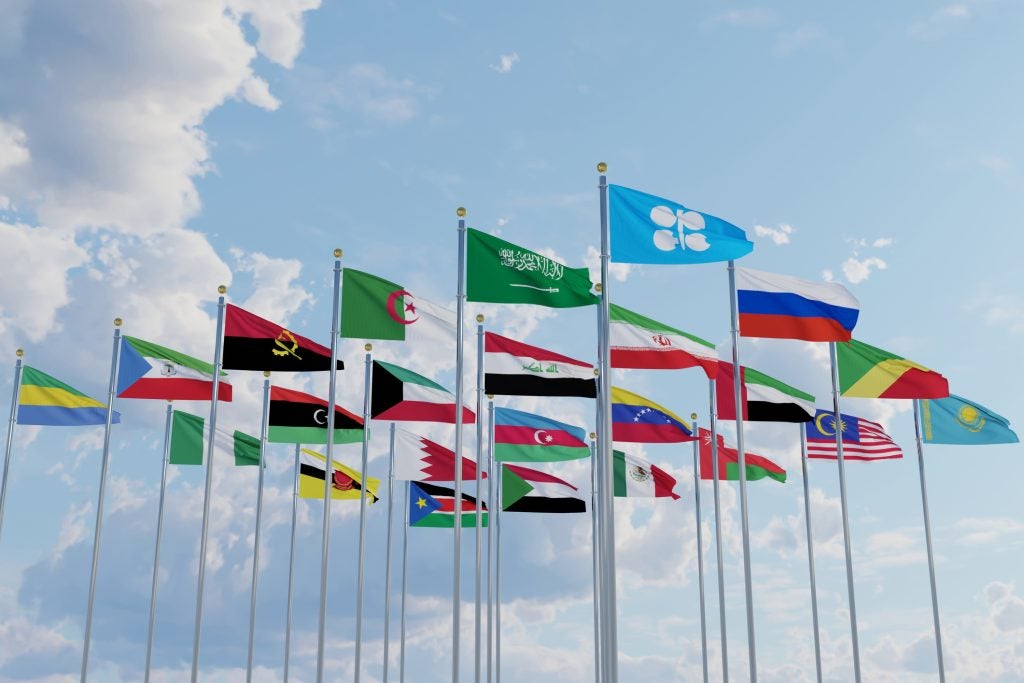Saudi Arabia plans to cut oil production by an additional one million barrels per day (bpd) for the month of July. The cut, which may be extended, seeks to stabilise falling oil prices.
The decision was made during this weekend’s Organisation of Petroleum Exporting Countries (Opec+) meetings held in Vienna. Other countries have also agreed to further production cuts.
Opec+ countries account for around 40% of global crude oil production. Led by Saudi Arabia, the group is also allied with Russia.
In Asia trade on Monday, Brent crude oil prices rose by as much as 2.4% before settling at around $77 a barrel following the announced cuts.
Opec+ said that production targets will drop by a further 1.4 million barrels per day from 2024.
Saudi Arabia’s Energy Minister Prince Abdulaziz bin Salman made the deal, which will require several African countries to cut production, on Sunday. Russia, the world’s second-largest oil exporter may also have its targets lowered, although this is yet to be confirmed. The United Arab Emirates will be able to increase its production by around 200,000bpd in January to 3.2 million barrels per day.
Prince Addulaziz described the cuts as “a Saudi lollipop”, as it will spare other countries from being forced to make cuts. “We want to just ice the cake with what we have done,” the minister said. “We will do whatever is necessary to bring stability to this market.”
The distribution of cuts was contentious among the group, with lower-producing Opec+ members such as Nigeria and Angola reluctant to make additional cuts.
A series of production cuts from OPEC+
The group has made a series of cuts in recent months amid falling oil prices. In April, the group shocked the oil market with production cuts of 1.6 million barrels per day. This came on top of a two million barrels per day cut announced in October 2022, equalling around 2% of global demand.
According to Russian Deputy Prime Minister Alexander Novak this weekend's cuts will result in “the extension of the deal [made in October] until the end of 2024”.
Several media outlets were barred from attending this weekend’s meetings in Vienna, sparking speculation that the group was planning additional production cuts.
Oil prices soared following Russia’s invasion of Ukraine in February 2022, but prices have now returned to levels similar to those before the conflict began.









